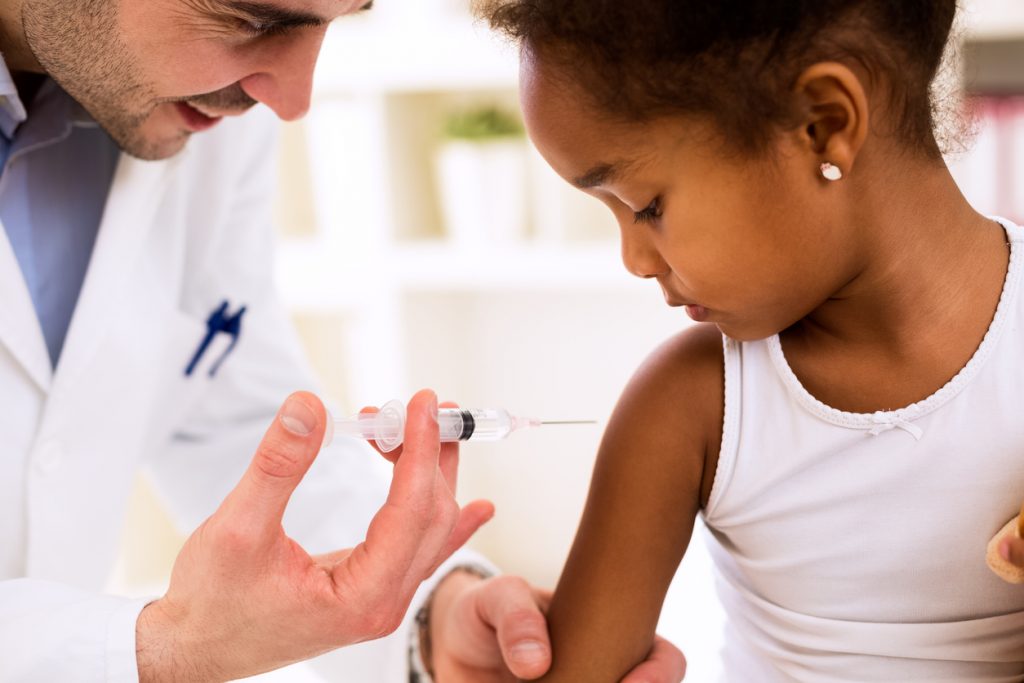
Health department offering vaccination appointments
Many students have not been in school since March, and while returning for the 2020-2021 school year may still seem like a distant thought, that doesn’t mean you should forget about the importance of vaccination and immunization schedules.
“Our staff has been and continues to be focused on COVID-19 testing, however, we want to ensure individuals in our community are also up-to-date on needed immunizations,” said Lisa Thomas, District Clinical & Nursing Director. “Our goal is more than to keep our children healthy, it’s also to protect them and those around them from vaccine-preventable diseases.”
Safe and effective vaccines are available to protect adults and children alike against potentially life-threatening diseases such as tetanus, diphtheria, pertussis, meningococcal disease, hepatitis A, hepatitis B, shingles, measles, mumps, rubella and varicella (chickenpox).
Students born on or after January 1, 2002 and entering the seventh-grade need proof of an adolescent pertussis (whooping cough) booster and adolescent meningococcal vaccinations.
Every child in a Georgia school system (kindergarten-12th grade), attending a child care facility, or a student of any age entering a Georgia school for the first time is required by law to have a Georgia Immunization Certificate, Form 3231.
A previously announced adjustment to the meningococcal vaccine schedule, set to go into effect July 1, 2020 has been postponed until July 2021. Effective July 1, 2021, children 16 years of age and older, who are entering the 11th grade (including new entrants), must have received one booster dose of the meningococcal conjugate vaccine (MCV4), unless their initial dose was administered on or after their 16th birthday.
Meningococcal disease is a serious bacterial illness that affects the brain and the spinal cord. Meningitis can cause shock, coma and death within hours of the first symptoms. To help protect your children and others from meningitis, Georgia law requires students be vaccinated against this disease, unless the child has an exemption.
Every adult in Georgia (19 years and older) should also follow the recommended immunization schedule by age and medical condition. Vaccinations such as flu shots protect you and loved ones around you; especially infants and those individuals who are unable to be immunized or have a weakened immune system.
Not only do vaccinations help avoid expensive therapies and hospitalization needed to treat infectious diseases like influenza and pneumococcal disease, they also reduce absences both at school and at work, and decrease the spread of illness in the home, workplace and community.
Adults should check with their healthcare provider for their current immunization recommendations as well as parents to check for their children.
Call your local health department today to schedule your child’s back-to-school vaccination appointment.
For more information on immunizations visit http://dph.georgia.gov/immunization-section.
